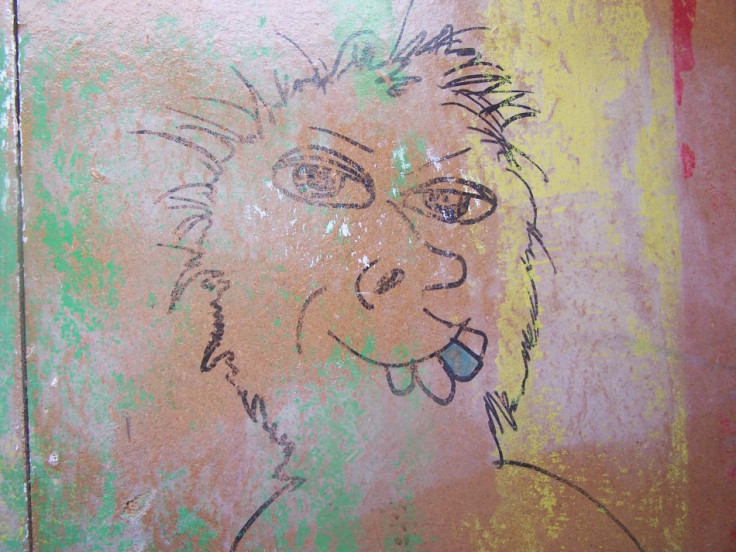Johnny Rotten's Sex Pistols Wall Drawings Are 'Punk Cave Art'

A flat where 1970s punk band the Sex Pistols lived is being dubbed an "important site, historically and archaeologically" by academics - because of scrawlings on the wall by lead singer John "Johnny Rotten" Lydon.
In an article in the journal Antiquity, Dr John Schofield of the University of York and Dr Paul Graves-Brown make the case that the drawings, in a property on Denmark Street in central London is more important than the discovery of early, unheard Beatles recordings.
"The tabloid press once claimed that early Beatles recordings discovered at the BBC were the most important archaeological find since Tutankhamun's tomb," they wrote in the article.
"The Sex Pistols' graffiti in Denmark Street surely ranks alongside this and - to our minds - usurps it.
"The fact that the graffiti could be considered rude, offensive and uncomfortable merely enhances their status and significance."
They also describe the drawings as "a direct and powerful representation of a radical and dramatic movement of rebellion."
It is described as "anti-heritage" because the drawings were done in living memory. However they dub it "Punk's Lacscaux".
Denmark Street's drawings feature portraits of the band, including Sid Vicious and Johnny Rotten.
Lascaux in France is home to ancient Paleolithic cave paintings.
"We feel justified in sticking our tongues out at the heritage establishment and suggesting that punk's iconoclasm provides the context for conservation decision-making," they write.
"Our call is for something that directly follows punk's attitude to the mainstream, to authority; contradicting norms and challenging convention .... should we retain it for the benefit of this and future generations?
"In our view, with anti-heritage, different rules apply. The building is undoubtedly important, and could meet criteria for listing or for a blue plaque, if not now then in time."
© Copyright IBTimes 2025. All rights reserved.






















